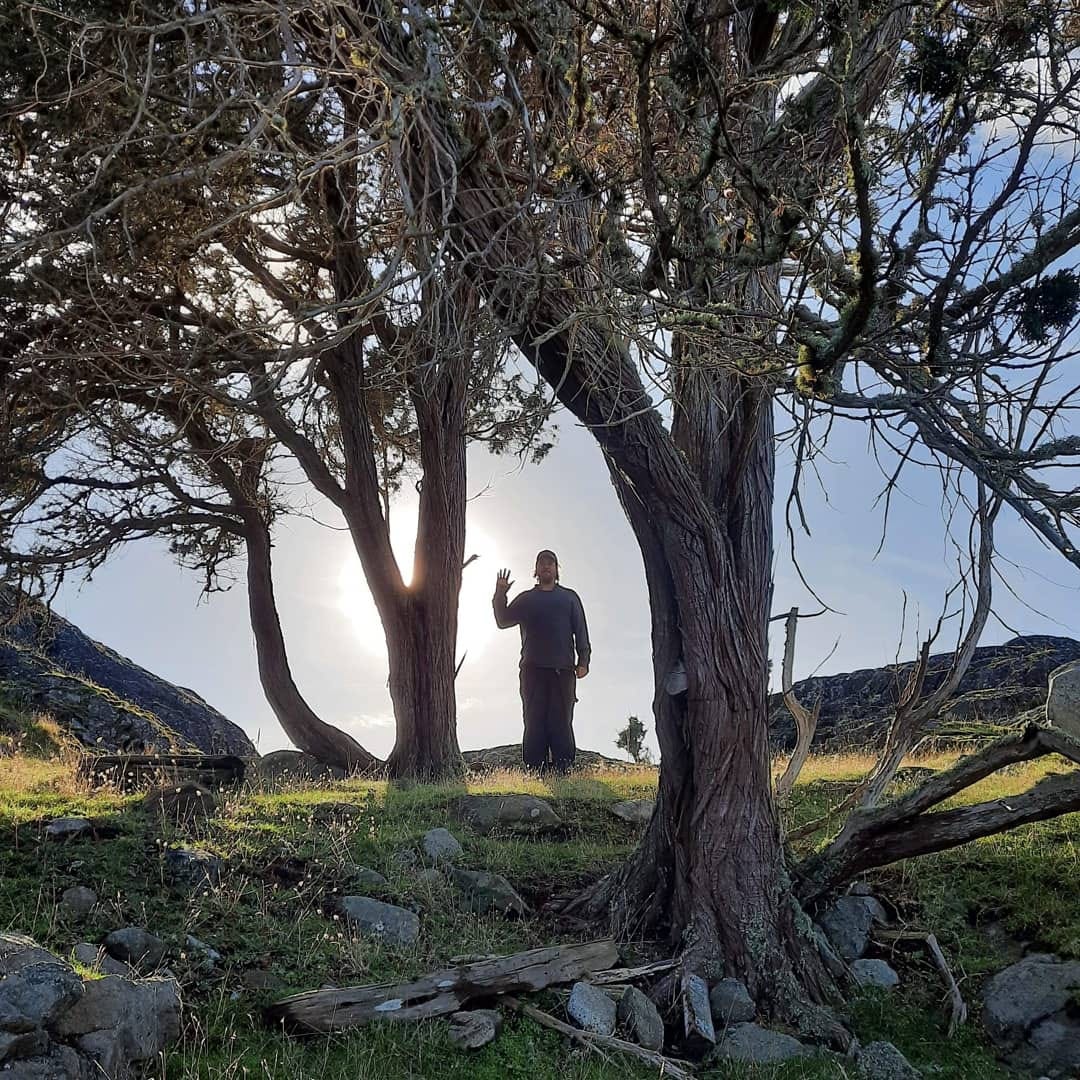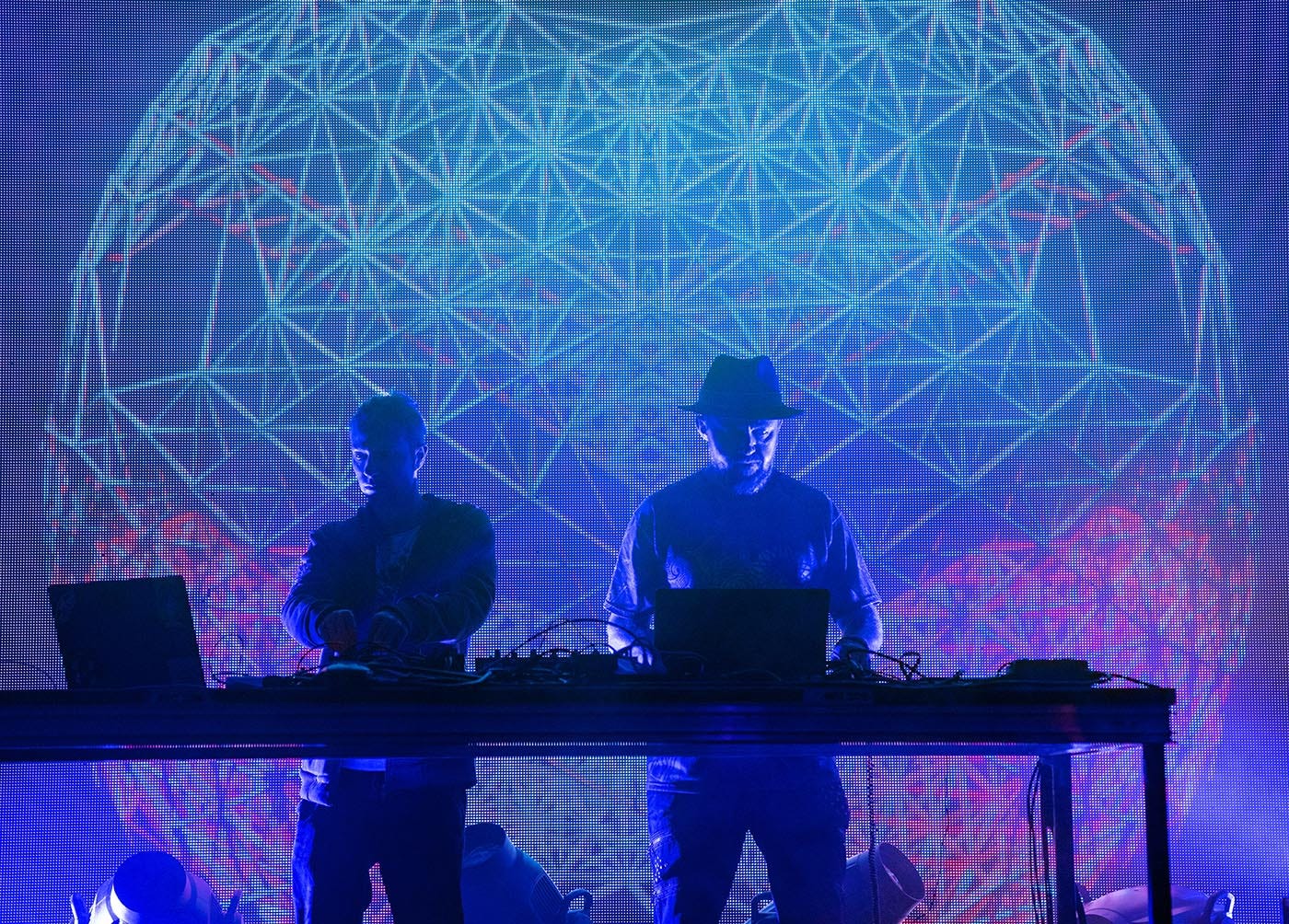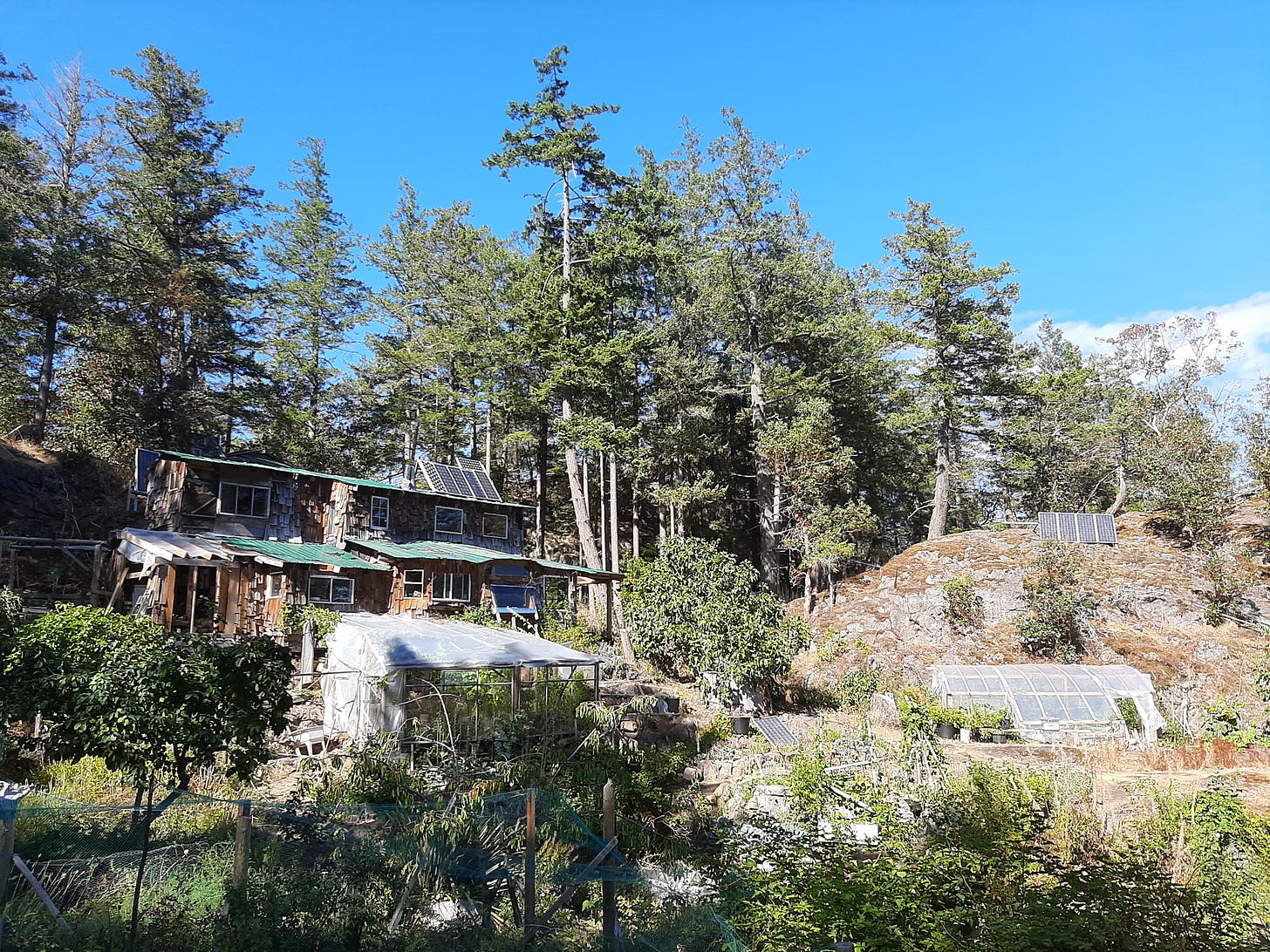On Prosperity: Beatfarmer
Produced by Sergio C. Muñoz at Intelatin, LLC for ZZK Culture. Fifth in Series.
This interview was produced by Sergio C. Muñoz at Intelatin, LLC. It is distributed by ZZK Culture. Special thanks to Wil Dog of Ozomatli and to PBS Studios (KLCS) for their pilot feature on our effort for the financial wellness of musicians. AMA: sergio@zzkrecords.com
Beatfarmer
I discovered a radio show on SoundCloud. The DJ is called MedicineMan and he broadcasts out of Toronto. I love listening to his mixes and very occassionally, he puts such killer tracks in his radio show that I look up the tracks from the playlist and I dig deeper into the artist. The first artist that I found this way is named, Adam Wood, aka, beatfarmer, and he built a homestead in British Columbia about 5 hours from Vancouver. The population in his part of the world is 300-400 humanoids.
Sergio: Please describe your childhood home?
I was born in the north of England but I identify as a Canadian. All the houses that I grew up in were square regular suburban houses. I never lived in any of them for more than three years. My brother and I always played hockey in the driveway and my parents always tried to plant small gardens while we were there. I had a sister too. Since my dad was a civil engineer, we lived in Canada, Cairo, Nigeria, California but my parents owned a home in Canada. They were both British and proper but not super conservative. My parents were into history and culture and so we were always adventuring out in all the places we lived. We were comfortable at home and when we were stationed overseas, the companies pay for everything so we tended to live above our means but we certainly saw a lot of poverty in our travels. We weren’t very attached to place but rather focused more on what happened on the inside. All of our moving expanded their view of what I could do for a career in the future but I never felt any pressure or any expectations.
Sergio: When did you begin to play music?
I grew up playing violin but I would say that my primary instrument is the computer. I source organic instruments and I sometimes play violin, voices, drumming, my wife plays the cello. Most of my tracks probably end up having about 30 layers of instrumentation. I produce tracks which span the full range of beat, structure, movement and everything that I do is for people to lose themselves in the music when they are on the dance floor. In the early 90s, I was into punk, Nirvana, Gorilla Biscuits and Bad Religion. I also loved pop music and slept with a radio playing next to my bed. Every penny that I ever made was spent at the record store and in 2006, I was invited to an all night psy-trance party in British Columbia and it changed my life. It changed the way I felt about myself. And soon thereafter, I began to play DJ sets as beatfarmer that was psy-trance with global music over the top. It flowed into making albums and creating mixes. I’ve made about 20 albums and toured Canada, the US, Germany and China.
Sergio: Do you perform live music?
I have done that but to be honest, when I perform live music, it’s not as dynamic as the music that I make in the studio. I don’t feel that the audience cares if I am playing live techno, so I don’t do that. I present my work that I prepare in the studio. I mix like a DJ in the moment but the songs are already made. Amani from Desert Dwellers nailed it perfectly when he said, “You don’t go to a gallery to watch the painter painting live.” That is how I view the producer set and I am a producer more than I am a performer.
Sergio: When did you begin to fantasize about prosperity and did you tie your vision to an image of a home?
When I started to get into my late teens, I started to get feelings of being anti social and I started dreaming of living in a stone house on a farm in England. I wanted to find the way to live for myself instead of having to work for a living. I wanted to ramble around and grow food and with all my experiences in farms and the idea of having a job and going to college didn’t call out to me. I wanted the alternative.
Sergio: What does your home look like present-day?
There is no street to get to my home. You have to walk a path. I live in a tiny island off the grid at the end of a long dirt road. If you drive north of Victoria Island, there is a walk-on ferry that takes you to Lasqueti Island. My wife and our two children grew up on this property. We have 10 acres. The population is about 30 or 40 people. There is no electricity. We bought it 24 years ago. It was very cheap at the time and being so remote, it really called out to me. Vancouver is about 5 hours away if I time the ferrys in the right way. We created a homestead and we really got into gardening. A homestead is a cumulative thing.
Sergio: Educate me on what that means, “a homestead is a cumulative thing?”
To me, its something that you maintain to sustain our lives. We grow most of our food. We have 16 chickens. 3 goats. The house that has been cobbled together over time. A pond. Your job is to work on the direct things that are supporting your life.
Sergio: Is there a connection between your former fantasy and your current reality?
I think that my current reality has allowed me to live out my former fantasy and essentially I think I am big kid playing in ponds and dirt and creating something out of nothing. I remember being in school and playing in the rain and here I am at 49 and Im still playing in the rain. Its a big lego project. I don’t really know how to build a house but I live in this house that I built. I didn’t foresee the level of responsibility attached to living like this. If you don’t know and you look at where I live and you think freedom, you would be wrong. There are so many things that I am responsible for and there is nobody else to do it or to help me do it. The responsibilities were so great that I didn’t have time to be a full time musician and tour the world. The best that I could do was a road trip with my wife and kids to perform at a festival and then come back to the homestead.
Sergio: What does prosperity mean to you?
Food is a big driver of prosperity. Is there food in our garden? When I see that we have enough food in our garden and I’m allowed to have time to play and perform music, that feels like prosperity to me.
Sergio: What would happen if you had 50 goats instead of 3 goats?
The goat thing is more complicated. Being at 3 right now, and you need to have balance and not go beyond the utility of it. If I was the goat guy providing for the community but my focus is on what me and my family need and with 3 goats, we drink as much milk as we can drink and we eat as much cheese as we can cultivate and we still have enough left over to give to friends. I don’t think it would be helpful to me to have 50 goats. My community would see me as crazy if I had 50 goats. There are free goats available all the time so if you wanted a goat, you could have a goat. It’s not at all like currency.
###








